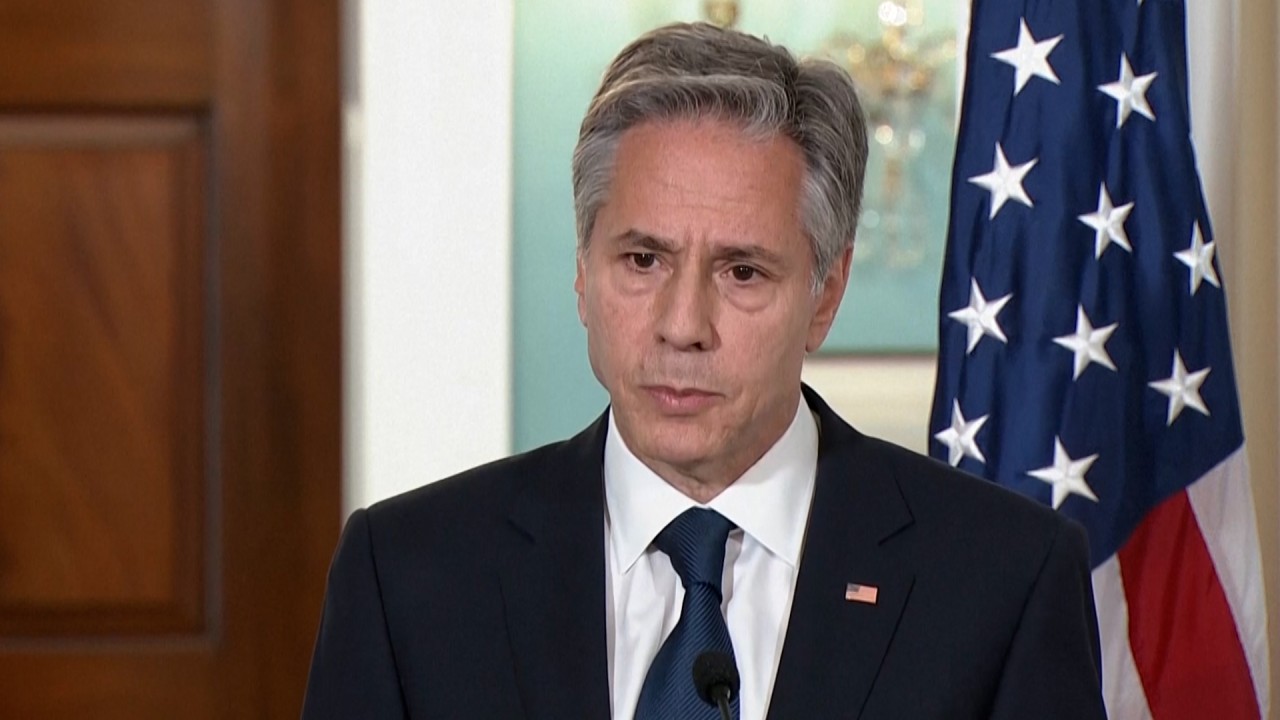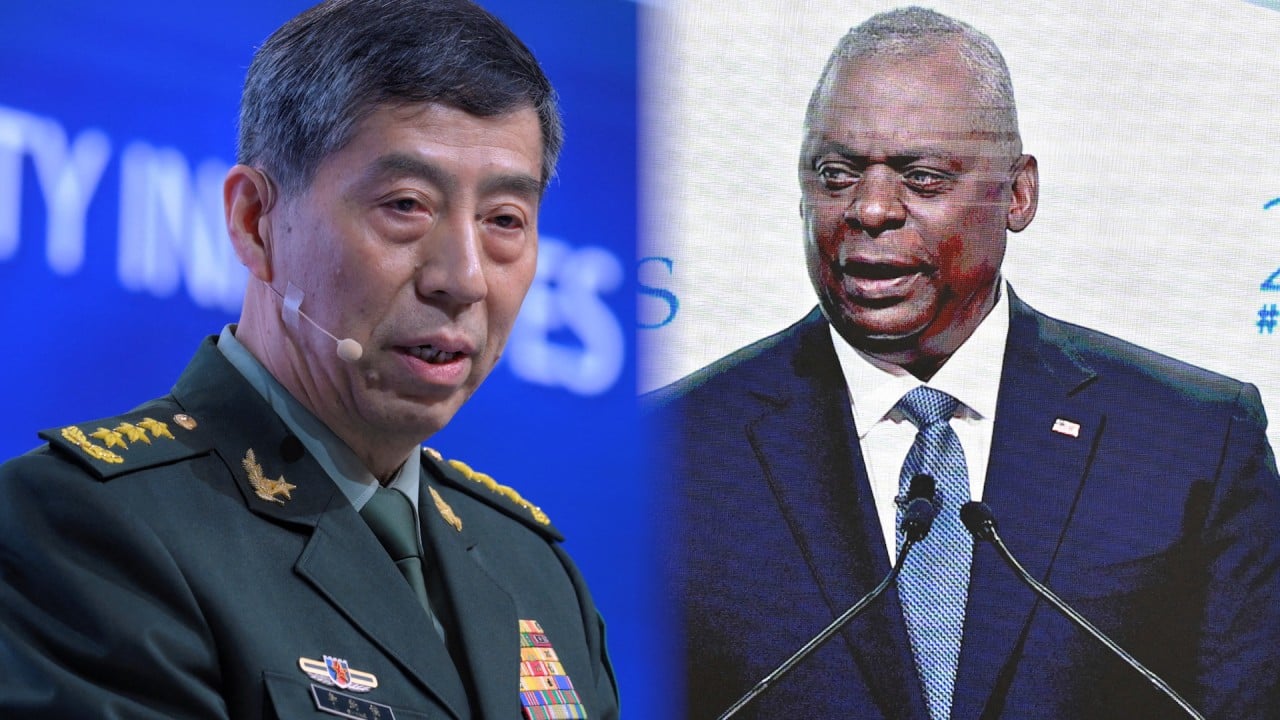
Chinese analysts see ray of hope as Blinken stresses need for ‘open’ US-China talks on Beijing trip
- ‘Intense competition requires sustained diplomacy’, Antony Blinken says hours before heading to Beijing for two-day trip
- While aware that visit ‘is unlikely to produce anything remarkable in terms of lasting mitigation’, analysts hope it will prevent further acrimony
Blinken said one of the major goals of his trip was to establish “open and empowered communications” with Chinese officials.
“Intense competition requires sustained diplomacy to ensure that competition does not veer into confrontation or conflict,” Blinken said hours before departing for Beijing. “That is what the world expects both of the United States and China.”
The US and Chinese presidents had committed to improve communications “precisely so that we can make sure we are communicating as clearly as possible to avoid possible misunderstandings and miscommunication”, Blinken said. “The place you start is with communicating.”
Blinken is expected to meet senior Chinese officials during his visit over Sunday and Monday. It will be the first trip to China by a US secretary of state since 2018.
‘Relatively restrained’: why Blinken’s China trip is sparking cautious hope
Shi Yinhong, a US expert at Beijing’s Renmin University, said past experience showed that communication between the two sides meant little, though he was still hoping for some limited, even if indecisive, breakthroughs.
“Blinken’s visit is unlikely to produce anything remarkable in terms of lasting mitigation of China-US rivalry on any major point, except that I hope the will and mechanism to prevent China-US military conflict might be strengthened,” Shi said.
The Chinese government would not be so naive as to expect remarkable and lasting improvement of strategic or economic relations, let alone any change in the US attitude and stance on Taiwan and Ukraine, he added.
“Positive results on any smaller issue would be far from decisive.”
Shen Dingli, a Shanghai-based international relations scholar, said the two rival powers should at least attempt to arrive at some sort of active cooperation.
“As the US-China competitive relationship is deteriorating, it is of particular importance to manage it rationally. But what is more important is to inject cooperation into this relationship, including active cooperation on the Taiwan issue and the Russia-Ukraine issue.”
Shen also said that he was hopeful of some positive results from the visit.
Zhu Feng, a professor of international affairs at Nanjing University, said both sides should at least “put everything on the table” to prevent relations from deteriorating even further.
“On the one hand, they need to manage their ties and prevent a rise in misjudgment and misunderstanding. On the other hand, a dynamic management mechanism should be established to deal with emergencies and crises,” he said.
“On the Taiwan issue, both sides need to have accurate judgments and there should be no more misunderstandings and misjudgments. In addition, each other’s concerns should be equally valued through dialogue, such as China’s concerns about how to eliminate the trade war and how to reduce the hi-tech blockade and suppression.”
Blinken said the major objectives on his trip included telling Chinese officials about America’s “real concerns on a range of issues”, and exploring possible cooperation on issues of interest to both parties, like global economic stability and climate change.
“This is an important but, in a sense, insufficient step because there’s a lot of work to be done,” he said.
Zhu said it remained to be seen whether cooperation on climate change between the sparring powers was possible, despite common interests.
“It depends on whether both sides can find enough political will and determination to really start cooperation.”
While relations have far from thawed, both sides have been mulling more communications between their officials.
US Defence Secretary Lloyd Austin said on Friday he was confident of meeting his Chinese counterpart “at some point in time, but we’re not there yet”.
Austin said it was important for the two countries to talk to each other so they could manage potential crises and make sure “things aren’t allowed to unnecessarily spiral out of control”.
Additional reporting by Kyodo, Associated Press



